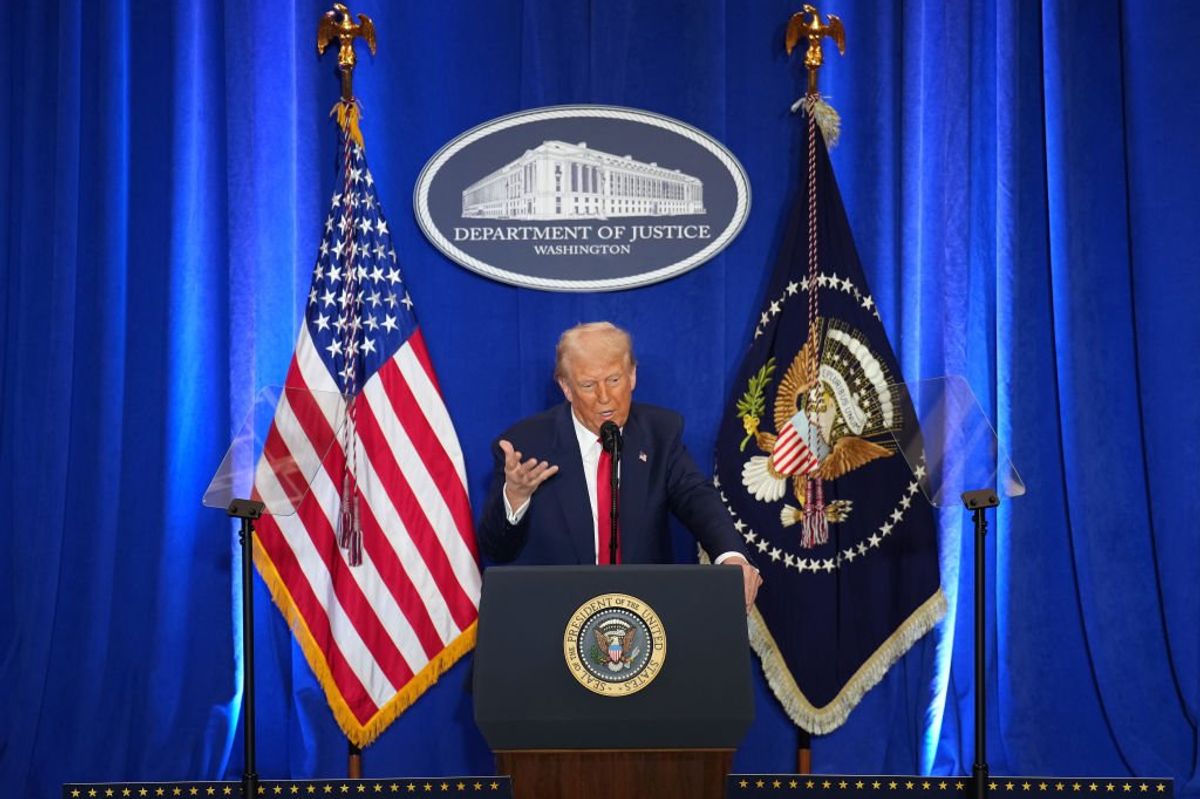Steve Corbin is Professor Emeritus of Marketing at the University of Northern Iowa.
Plagiarism (noun): the practice of taking someone else’s work or ideas and passing them off as one’s own.
Voters may be surprised to know a few years ago investigators revealed 10,163 legislative bills were plagiarized during an eight year time period with over 2,100 of the copycat bills signed into law.
An investigation of law origination was conducted by over 30 USA Today and Arizona Republic reporters. They examined about one million bills throughout America and the U.S. Congress via 150 computers programmed to detect similarities in language. The Center for Public Integrity “identified tens of thousands of bills with identical phrases, [and] then traced the origins of that language in dozens of those bills across the country.”
Shockingly, 54 percent of the 2,100 copycat bills signed into law were given to legislators by industry lobbyists. `Copy-paste-legislate’ has become an accepted practice by our state and federal lawmakers. However, legislative transparency has been ignored and voters have been – most likely -- hoodwinked.
Where do the model legislation bills originate? Of the 10,163 copycat bills lawmakers introduced, 4,301 (42 percent) came from industry, 4,012 (40 percent) from right-wing conservative groups, 1,602 (16 percent) from liberal-oriented groups and 248 (2 percent) from other sources.
Sign up for The Fulcrum newsletter
Stand-your-ground gun laws were authored by the National Rifle Association and the American Legislative Exchange Council (ALEC), a right-wing organization.
The law that limits people to use bathrooms correlated to their birth certificate sex designation was model legislation introduced by the Alliance Defending Freedom, a conservative religious rights organization.
USA Today and Arizona Republic note, “the Washington, D.C.-based public-interest law firm Americans United for Life has for the past decade been the nation’s most prolific author of copycat abortion legislation.”
According to the National Press Foundation, right-wing conservative groups are the most prolific in writing copycat bills and include ALEC, Goldwater Institute, Heritage Action, Congressional Prayer Caucus Foundation and Alliance Defending Freedom. State Innovation Exchange is the predominant left-wing bill writer (March 28, 2022).
The previously mentioned investigation found “special interests give lawmakers fully conceived bills they can put their names on and take credit for. And those special interests can become dependable donors to the [legislators’] campaigns.”
As Shakespeare said in the play Hamlet, “something is rotten in the state of Denmark.”
`Copy-paste-legislate’ permits special interest groups to stay under the radar. They could arguably be called America’s third party who rule the roost and control our lawmakers.
When legislators throughout America were interviewed by USA Today, only about 50 percent knew the source of the bill they affixed their name to.
For the sake of transparency – critical to maintaining a democracy – there are two solutions to America’s third party writing the vast majority of legislation.
- First, any group who submits a model bill to any legislator MUST be required to register as a lobbyist in every state and U.S. House and Senate or face a $10 million fine per violation.
- Secondly, any state or federal legislator who introduces a bill, resolution or amendment MUST make a public proclamation noting if any phrase or language is the result of a special interest group’s input or face a $1 million fine and 30-days incarcerated per incident.
Ask your state and federal legislators of all the bills they sponsored or voted on, how many were written by lawmakers and how many were plagiarized from another source? Don’t be surprised by the blank look on their face or their stammering for words.
With legislators’ anticipated answer to your inquiry, the phrase used by the late Paul Harvey (1918-2009) at the end of his news-oriented radio show will most likely apply, “now you know the REST of the story. Good day.”
Lawmakers’ integrity and transparency is desperately needed in today’s divisive political world. Let’s clean up the copy-paste-legislate debacle.





















